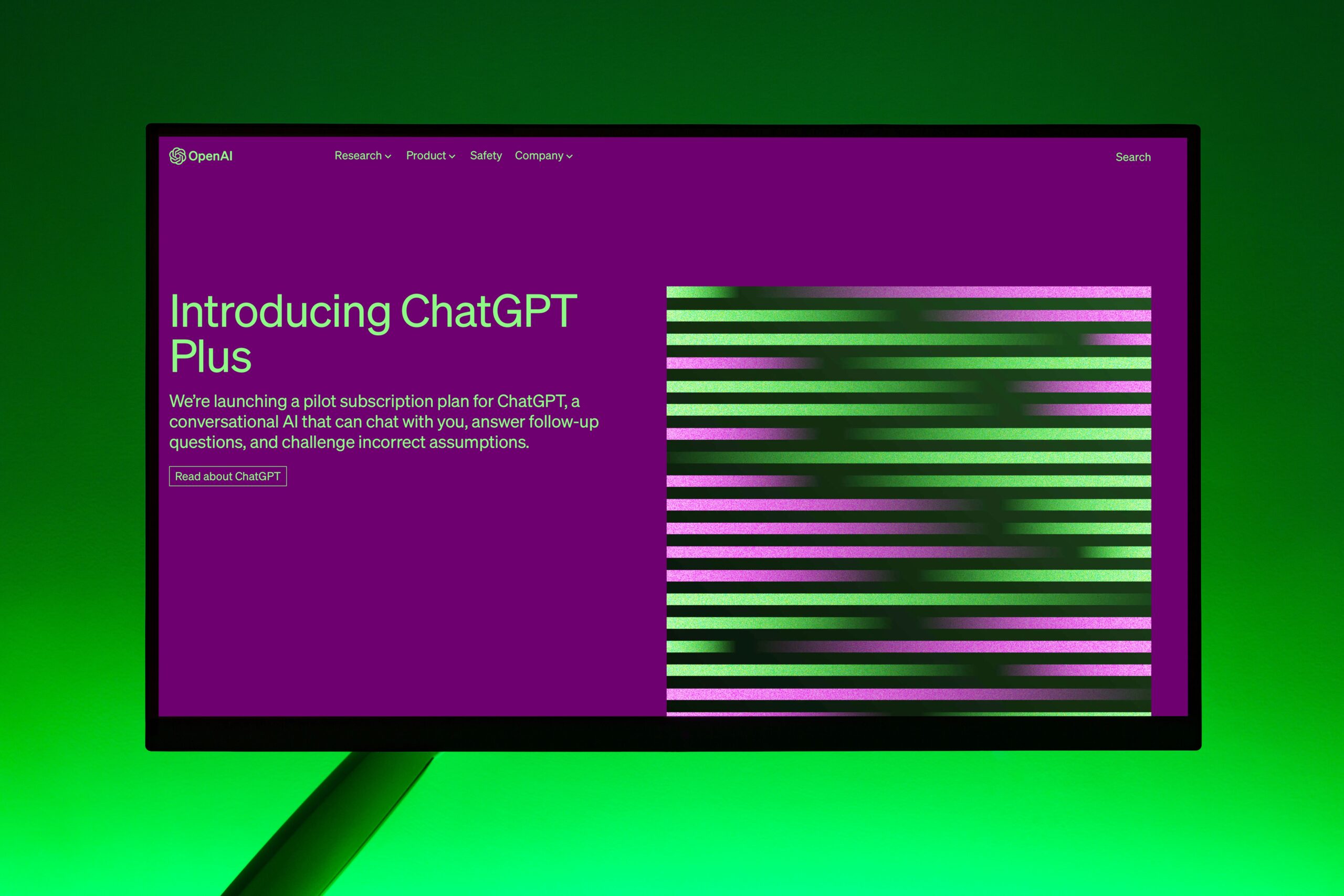Monetize Your Tech Expertise with E-courses and Digital Products

In the ever-evolving digital landscape, tech experts possess a wealth of knowledge and skills that can be monetized through e-courses and digital products. Whether you’re a software developer, a data analyst, a cybersecurity expert, or a digital marketer, there’s an audience out there eager to learn from your expertise. In this article, we’ll explore various ways to package your tech knowledge into e-courses and digital products, as well as how to market and sell them effectively.
Understanding Your Target Audience
Before you can create a successful e-course or digital product, it’s crucial to understand your target audience. Who are they, and what do they need to learn? What challenges do they face, and how can your expertise help them overcome those challenges?
To gain insights into your target audience, consider the following:
- Conduct market research: Research your competition, analyze their offerings, and identify gaps in the market that you can fill. Use online forums, social media, and industry publications to gather information about your audience’s needs and preferences.
- Create buyer personas: Develop detailed profiles of your ideal customers, including their demographics, interests, pain points, and goals. This will help you tailor your content and marketing strategies to better resonate with your target audience.
- Survey your audience: Collect feedback from your existing audience, whether through email surveys, social media polls, or focus groups. This will provide valuable insights into what they want to learn and how they prefer to consume information.
Creating E-courses and Digital Products
Once you have a clear understanding of your target audience, it’s time to create your e-course or digital product. Here are some tips to help you get started:
- Choose a format: Decide on the format that best suits your content and audience. E-courses can be delivered through video lessons, text-based tutorials, interactive quizzes, or a combination of these formats. Digital products may include e-books, whitepapers, templates, or software tools.
- Structure your content: Organize your content into a logical sequence, with clear objectives and actionable steps for your learners. Use headings, subheadings, and bullet points to make your content easy to read and navigate.
- Create engaging content: Use multimedia elements such as images, videos, and animations to enhance your content and keep your learners engaged. Incorporate real-world examples, case studies, and practical exercises to reinforce learning.
- Include assessments: Include quizzes, tests, or other assessment tools to help learners gauge their understanding and progress. This will also provide you with valuable feedback on the effectiveness of your content.
- Provide ongoing support: Offer additional resources, such as discussion forums, live Q&A sessions, or one-on-one coaching, to help learners apply their newfound knowledge and skills.
Marketing and Selling Your E-courses and Digital Products
With your e-course or digital product ready to go, it’s time to market and sell it to your target audience. Here are some strategies to help you get started:
- Create a landing page: Design a dedicated landing page that showcases your e-course or digital product and its benefits. Include clear calls-to-action (CTAs) to encourage visitors to sign up or make a purchase.
- Leverage social media: Use social media platforms such as LinkedIn, Twitter, and Facebook to promote your e-course or digital product. Share teaser content, testimonials, and behind-the-scenes insights to generate interest and engagement.
- Collaborate with influencers: Partner with industry influencers who have a large following and share your target audience. Ask them to promote your e-course or digital product to their audience in exchange for a commission or other incentives.
- Offer promotions and discounts: Use limited-time promotions and discounts to create a sense of urgency and encourage potential customers to take action. Offer early-bird pricing, bundle deals, or free bonuses for those who sign up or purchase during a specific period.
- Build an email list: Collect email addresses from your website visitors and social media followers, and use email marketing to nurture leads and promote your e-course or digital product. Offer valuable content, such as free e-books or webinars, to incentivize sign-ups and keep your audience engaged.
Monetizing Your E-courses and Digital Products
Now that you’ve successfully marketed and sold your e-course or digital product, it’s time to monetize your efforts. Here are some tips to help you maximize your revenue:
- Set a competitive price: Research the market and competitors to determine a fair price for your e-course or digital product. Consider factors such as the length and depth of your content, the value it provides, and the price points of similar offerings.
- Offer different pricing tiers: Cater to different budgets and needs by offering multiple pricing tiers for your e-course or digital product. For example, you could offer a basic version with limited features, a premium version with additional content and resources, or a subscription-based model with ongoing access and support.
- Implement upselling and cross-selling strategies: Encourage customers to purchase additional products or services by offering relevant upsells or cross-sells. For example, you could promote a higher-priced version of your e-course or digital product, or suggest complementary products that your customers may find valuable.
- Create a membership site: Build a membership site that offers exclusive content, resources, and community access to your most loyal customers. This can help you generate recurring revenue and foster long-term relationships with your audience.
- Measure and optimize your results: Track key metrics such as conversion rates, sales revenue, and customer lifetime value to evaluate the success of your e-course or digital product. Use this data to identify areas for improvement and optimize your marketing and sales strategies for better results.
Conclusion
Monetizing your tech expertise through e-courses and digital products is a lucrative and rewarding opportunity for tech experts. By understanding your target audience, creating engaging content, and implementing effective marketing and sales strategies, you can turn your knowledge and skills into a profitable business venture. So, start exploring the possibilities and share your expertise with the world!




